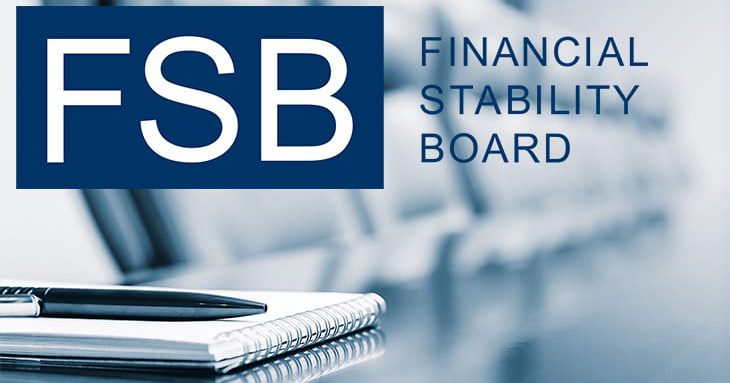by Massimo Balducci
Institutional responses to Covid-19 emergency raise a few questions. Investigating these questions will lead us to dig deep into the relationship between theory and institutional behavior. We will single out two institutional responses to two critical challenges: (i) time requirements of standard institutional reaction in the area of Covid-19 therapy and (ii) a multi-disciplinary approach in the response to a complex challenge. Our analysis might possibly be biased by our idea that responses in these two cases are not up to citizens’ reasonable expectations. Continue reading…












